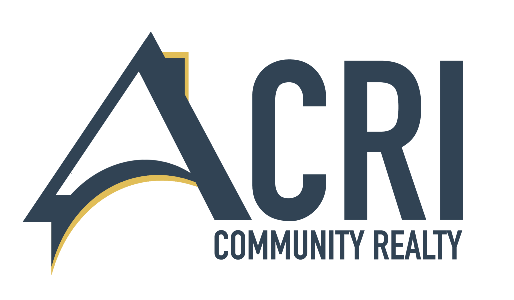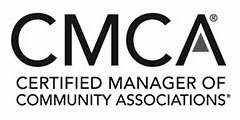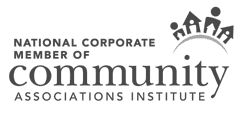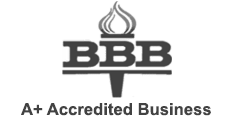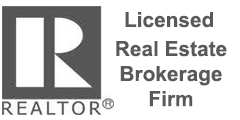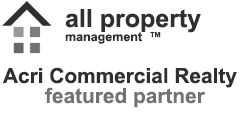Whether the association board works with a professional manager or self-manages the association, it’s likely that the board will still need the services of other professionals like attorneys, accountants, insurance agents, and reserve specialists. These people become partners with the board and provide invaluable resources.
Working with Professional Partners
The Attorney
Besides to selecting an association manager, the most important decision a community association can make is selecting its attorney.
Your Attorney should be a specialist in Homeowner Associations and have a track record to support successful litigation on other associations behalf.
Associations would be wise to choose an attorney with expertise in working with community associations.
It is almost never advisable to hire a member of the association to be the association attorney, whether compensated or on a volunteer basis.
The association manager needs to work very closely with the attorney, so the two professionals should have a positive and productive working relationship.
The board should designate one person to interact with the attorney. A single point of contact who has decision-making capabilities will be able to better control costly attorney fees. It also minimizes confusion and miscommunication.
What Attorneys Do for Community Associations
The association’s attorney is legal counsel to the association.
- Review Documents: Review governing documents, rules proposed by the board, or contracts with other services.
- Provide Legal Opinions: Advise the board on all association matters when legal questions arise.
- Educate: Attend meetings to answer questions, explain concepts or documents, and provide information to homeowners or board.
- Collect Delinquent Assessments: Write and send routine demand letters, file liens, process foreclosures, and litigate if instructed to do so.
- Enforce Deed Restrictions: Write and send routine demand letters, file lawsuits, and litigate collection proceedings.
- Litigate: Represent the association for collections, to enforce deed restrictions, and in defense of the association.
What Attorneys Do NOT Do for Community Associations
The attorney does not represent the board, any single member of the board, or any particular officer or committee member.
The Certified Public Accountant (CPA)
The accountant is a vital part of your association’s professional team. Success requires that you know what the accountant does, how you can benefit from the accountant’s capabilities, and what you want and need. As you develop a long-term relationship with your accountant, your community will benefit from his or her advice, industry expertise, and wisdom.
A staff member or volunteer may take care of the bookkeeping for the association, but a CPA will be needed to conduct an audit at the end of the year. In addition, accountants provide other services that make them a valuable partner for the association.
What Accountants Do for Community Associations
Accountants provide written reports to the association.
- Audits and transition audits
- Reviews
- Compilations
- Budgets
- Expert testimony and litigation support
- Reserve studies
- Tax returns
- Performance reports
Accountants provide services to the association.
- Develop accounting policies and procedures
- Create the Accounting Policies and Procedures manual
- Design and implement systems for internal control
- Formulate investment policies
- Evaluate, select, and install accounting software
- Train bookkeepers and other accounting staff
- Prepare monthly or quarterly financial statementshttps://youtu.be/A-GZ5jfp5mg
- Make recommendations for interviewing and hiring an accounting staff
Accountants consult and advise the association.
- Educate and train board or committee members on technical matters
- Make presentations at meetings
- Evaluate and explain the work of other professionals such as engineers
- Evaluate and advise on replacement funding strategies
- Advise on budgets and long-term financial plans
- Assist in obtaining financing
- Provide business and financial advice
Reserve Specialists prepare studies that provide boards with guidance on how to keep the association’s physical assets from deteriorating faster than its financial assets increase.
The study will include:
- an inventory of items that need to be replaced,
- an estimate of the useful remaining life of these items,
- an estimate of the cost to replace them,
The Insurance Agent
Insurance agents, like CPAs and lawyers, have a broad range of specialties and areas of expertise. Fortunately for community associations, insurance specifically for community associations is one of them.
Choose an insurance agent that understands HOA and condominium coverage. Your management company should be able to contact multiple agencies in order to secure a competitive bid. Make sure that homeowners purchase the correct insurance to match up with the HOA policy requirements.
What Insurance Agents Do for Associations
- Review the association’s documents
- Recommend the legal minimum insurance requirement
- Identify additional coverage that might be needed.
- Verify the property values for replacement and/or reproduction – This can be accomplished through an appraisal service, a company survey, or various others means.
- Review the association’s fidelity bond,
- Ensure that all parties (board members, committee members, and managers) are provided with access to the association’s assets.
- Discuss the lending institution guidelines for selecting a bond limit if it is not specified in the association’s policies.
- Obtain premium quotations, and help the board select the program that best suits the association’s needs.
- Explain to the board, in plain English, the coverage being offered as well as the exclusions and limitations of each.
- Educate residents about the association’s policy at an association meeting
- Prepare a written fact sheet about the association’s policy
- Explain where the association’s coverage stops and where the residents’ and owners’ responsibilities begin.
- Provide certificates of insurance or evidence of coverage to lenders.
- Assist the board in drafting a resolution stating how claims deductibles will be paid.
- Review the association’s claims annually and recommend how claims can be effectively mitigated.
“Our mission is to help your community to succeed with proven strategies. If you can’t find what you need, call us and we’ll be happy to help you.
Utilize trained specialists to aid in the smooth operation of your community. Join the Acri Newsletter service and learn more about how Acri can assist you with professional partners. Acri knows who to use and when to deploy qualified service providers in a timely yet economically feasible manner.
